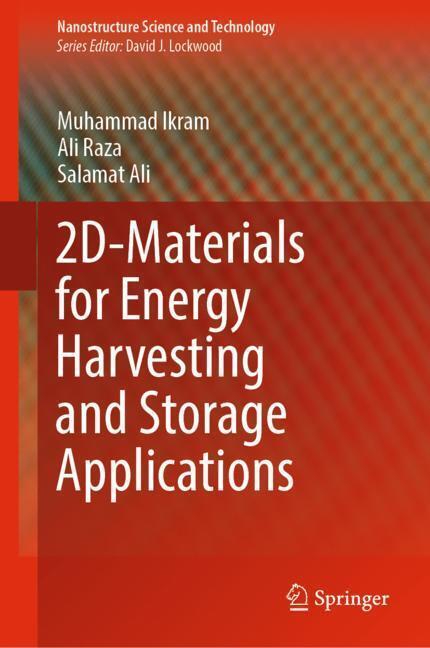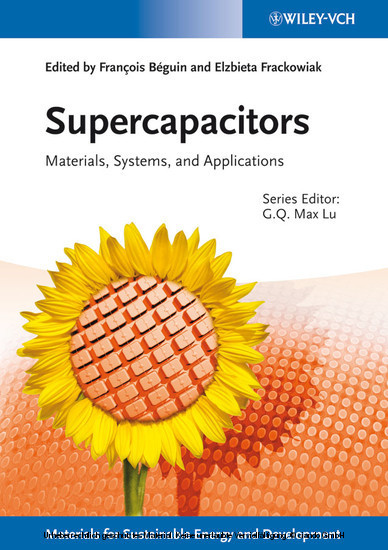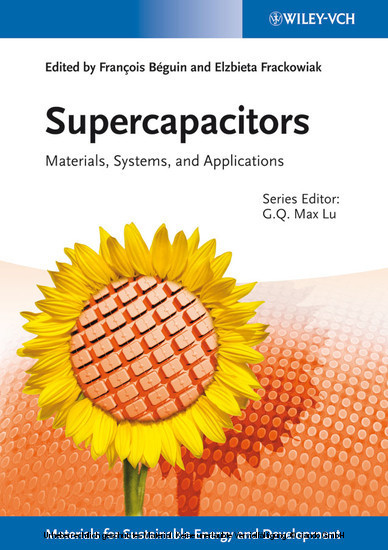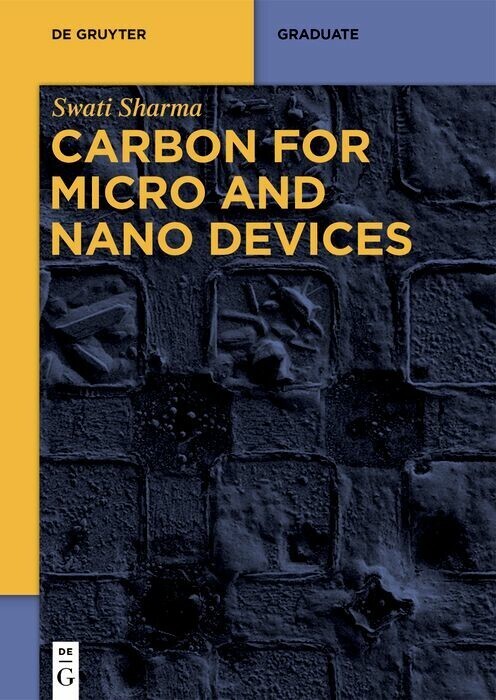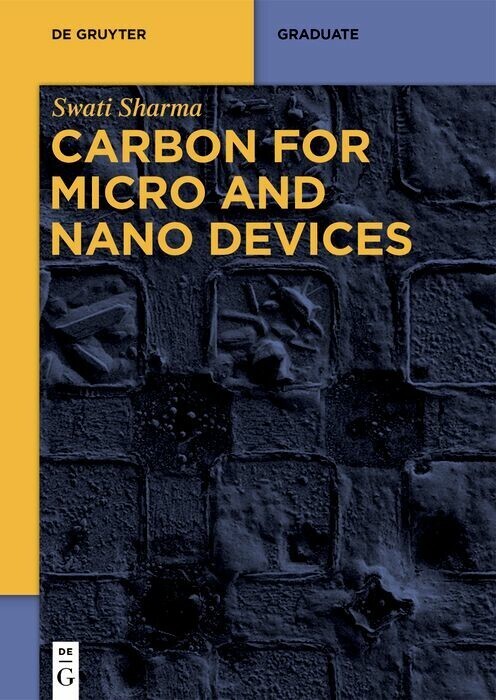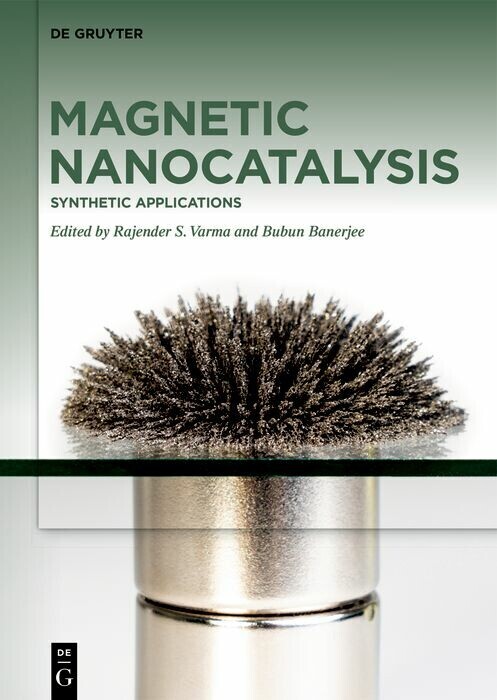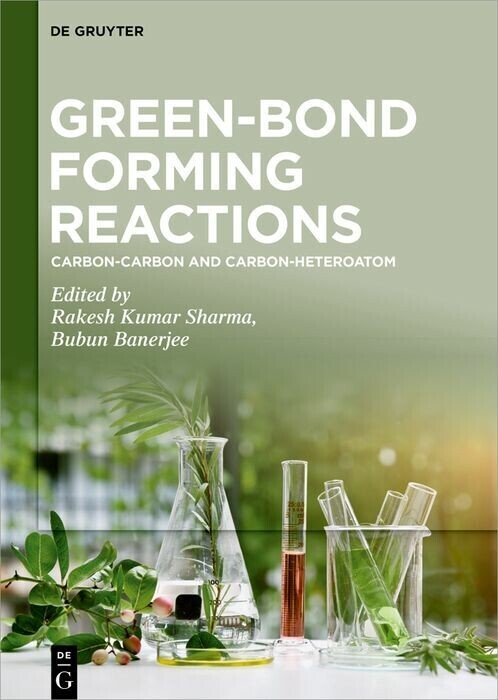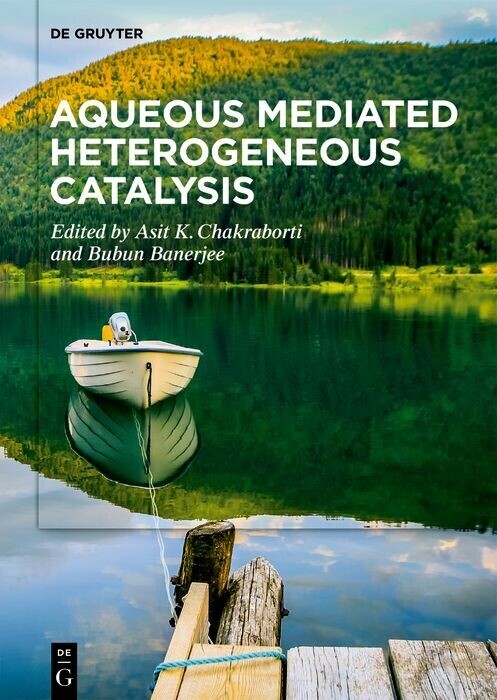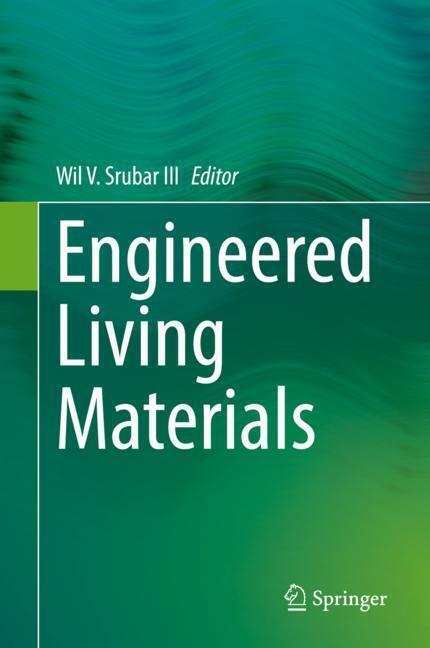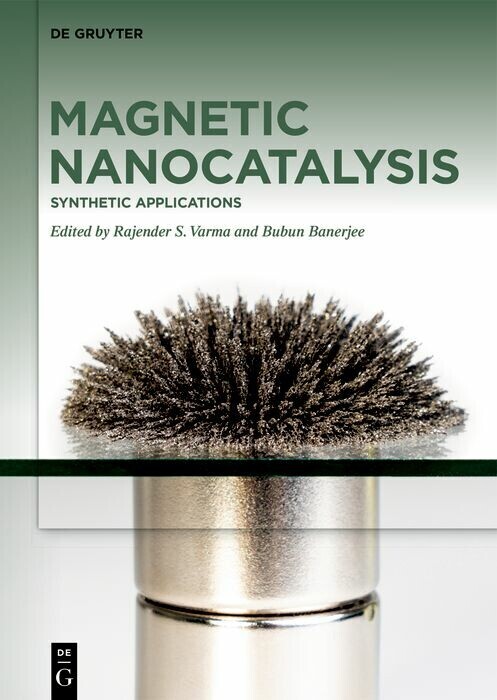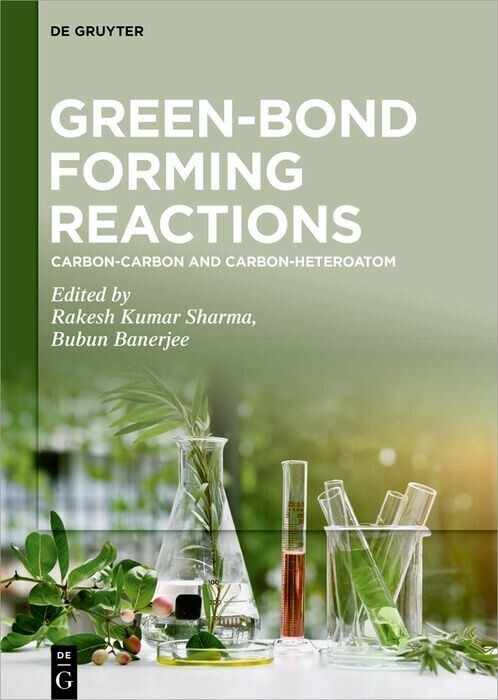2D-Materials for Energy Harvesting and Storage Applications
This authored monograph presents the state-of-the-art improvements in 2D materials, focusing on their most significant achievements, as well as recent emergence and potential applications. The book discusses synthetic protocols as well as the structural chemistry and physical properties of various 2D materials and explores their energy-related utilization. The main energy harvesting applications such as piezoelectric generators, solar cells and hydrogen evolution reactions are analyzed, while special focus is also given to the related energy storage technologies such as rechargeable batteries, supercapacitors and wearable energy storage devices. This volume sheds new light on 2D materials and their applications and will be a useful tool for graduates and academics working in the fields of materials science, materials physics and chemistry.
Dr. Muhammad Ikram obtained his Master's degree (M. Phil Physics) from Bahauddin Zakariya University, Multan, Pakistan in 2010. He obtained his Ph.D. degree in Physics from the Department of Physics, Government College University (GCU) Lahore through the Pak-US joint project between the Department of Physics, GCU Lahore, Pakistan, and the University of Delaware, USA in 2015. He served as deputy director of Manuscript Science at Punjab textbook board (Pakistan). Later on (2017-to date), Ikram joined the Department of Physics, GC University Lahore as an Assistant Professor of Physics and Principal of Solar Cell Applications Lab. Ikram received the Seal of Excellence Marie Sklodowska Curie Actions Individual Fellowship in 2017 and 2020. In 2021, Ikram was included in the 2 % top scientists from Pakistan announced by Stanford University. His research interest involves the synthesis and characterization of inorganic semiconductor nanomaterials, 2D materials for water treatment optoelectronic, and electrocatalytic applications.
Mr. Ali Raza obtained his B.S (Physics) degree from the University of Gujrat (Punjab, Pakistan) in 2016 and his Master's degree (M. Phil) in Material Physics from Riphah International University, Islamabad Pakistan in 2019. Raza completed his M. Phil research work in the Solar Cell Applications Lab at GCU Lahore (Punjab, Pakistan) and later worked as a Research Associate in the same lab on the field of catalytic and energy harvesting applications of pure and engineered 2D materials (TMDCs, Graphene, h-BN, and MXenes). Currently, he is serving as Lecturer (Research) at the Department of Physics, University of Sialkot, Punjab, and has enrolled as a Ph.D. scholar at CAS Key Laboratory of Design and Assembly of Functional Nanostructures, Fujian Institute of Research on the Structure of Matter, CAS. His current research directions are the fabrication of functional 2D-Materials for catalytic and other energy-harvesting applications.
Ikram, Muhammad
Raza, Ali
Ali, Salamat
| ISBN | 9783030960216 |
|---|---|
| Artikelnummer | 9783030960216 |
| Medientyp | E-Book - PDF |
| Copyrightjahr | 2022 |
| Verlag | Springer-Verlag |
| Umfang | 250 Seiten |
| Sprache | Englisch |
| Kopierschutz | Digitales Wasserzeichen |

